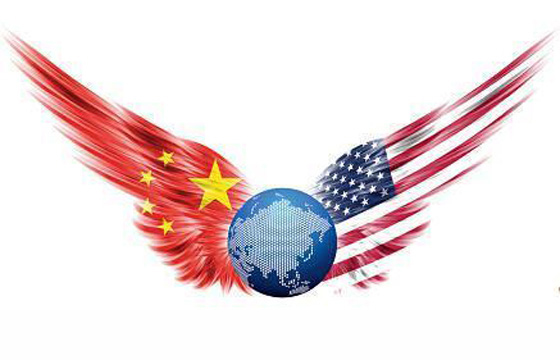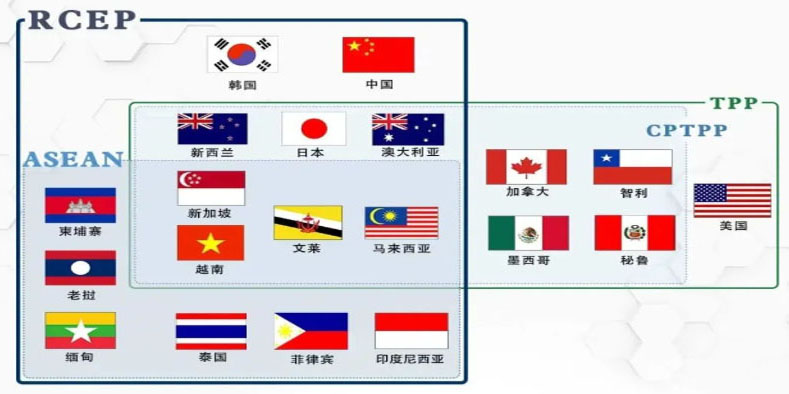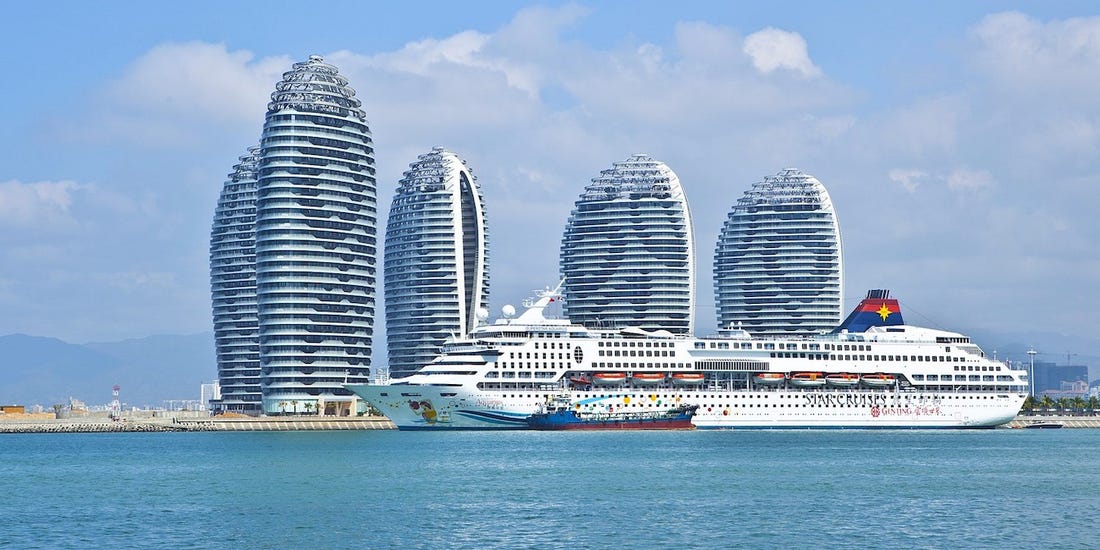
Bala Ramasamy, Professor of Economics and Associate Dean and Director of the Global EMBA Programme, China Europe International School in Shanghai
Matthew Yeung, Associate Professor at Lee Shau Kee School of Business and Administration, Hong Kong Metropolitan University
Apr 17, 2023
The shift of the US policy from engaging China to containing China can be traced back to the Obama administration and his pivot to Asia strategy in 2009.
He Weiwen, Senior Fellow, Center for China and Globalization, CCG
Jul 12, 2022
The systemic challenge for the U.S. is not China but the worst inflation in 40 years. In fact, fragmentation does not seem to be happening in the real world. Even an Asia-Pacific version of NATO will not likely divide the region, as China will continue to be a major trade partner.
Leonardo Dinic, Advisor to the CroAsia Institute
Jul 07, 2022
Removing import tariffs on Chinese goods could lower consumer prices in the U.S. amid inflation, dissipate the U.S.-China trade war, and support the administration’s overall strategy to strengthen its presence and influence in the Indo-Pacific region.
Sajjad Ashraf, Former Adjunct Professor, National University of Singapore
Jul 07, 2022
Is the U.S. ready to meaningfully engage with the Asia-Pacific region? Their latest offering comes in the form of the IPEF, and the differences between the U.S.-led trade pact and competing ones led by Asian powers will show whether American leadership has brought enough to the table.
Sajjad Ashraf, Former Adjunct Professor, National University of Singapore
Mar 15, 2022
America finally issued a broad statement on its Indo-Pacific strategy, predictably addressing concerns about China’s influence and spelling out its intention to play into its allies' favor. Meanwhile, ASEAN must respond to the latest development to retain their own autonomy and stability in what many are sure to see as rising tensions.
Cameron Johnson, A Partner at Tidwalwave Solutions
Mar 15, 2022
Asia’s RCEP - a China-led trade agreement - could set up a stable future for the continent despite today’s conflicts. Here’s how RCEP is re-shaping Asia’s destiny.

Brian Wong, Assistant Professor in Philosophy and Fellow at Centre on Contemporary China and the World, HKU and Rhodes Scholar
Feb 08, 2022
The RCEP is the largest free trade agreement in global history - but that doesn’t mean it’s going to be smooth sailing for China and its partners in Southeast Asia.

Zhang Monan, Deputy Director of Institute of American and European Studies, CCIEE
Jan 24, 2022
In a host of ways, the ,mega FTA, which spans two continents provides an antidote to rising global protectionism, unilateralism and the mindset of “my own interests first.”

Lucio Blanco Pitlo III, President of Philippine Association for Chinese Studies, and Research Fellow at Asia-Pacific Pathways to Progress Foundation
Apr 29, 2021
With the Regional Comprehensive Economic Partnership (RCEP) expected to take effect next year, China steps up building its first free trade port in Hainan. It shows how Beijing is preparing to capitalize and contribute to the success of the world’s largest free trade agreement (FTA).
Zhang Yun, Associate Professor at National Niigata University in Japan, Nonresident Senior Fellow at University of Hong Kong
Apr 17, 2021
China and the U.S. need to figure out intellectually what they are vying for. They do not have territorial disputes in the ordinary sense, nor are they in binary ideological opposition of the kind seen during the Cold War era.